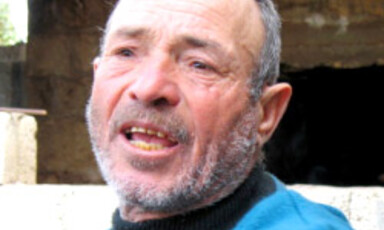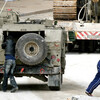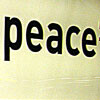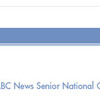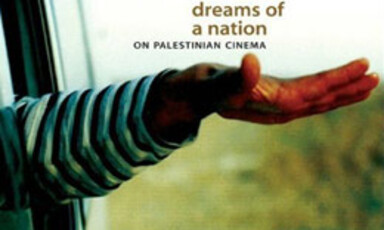
Requesting Permission to Narrate: "Dreams of a Nation" Reviewed
6 March 2007
Since 1948, Palestinians have not only occupied the painful position of many oppressed peoples who are systematically displaced, disenfranchised, denationalized, brutalized and murdered; they have also been put in the awkward, even tragicomic, position of having to convince the rest of the world of their very existence. This problem of visibility lies at the heart of Dreams of a Nation: On Palestinian Cinema, an illuminating, if incomplete, anthology of essays on the efforts of Palestinians to represent themselves on film to the world and to each other. Read more about Requesting Permission to Narrate: "Dreams of a Nation" Reviewed
